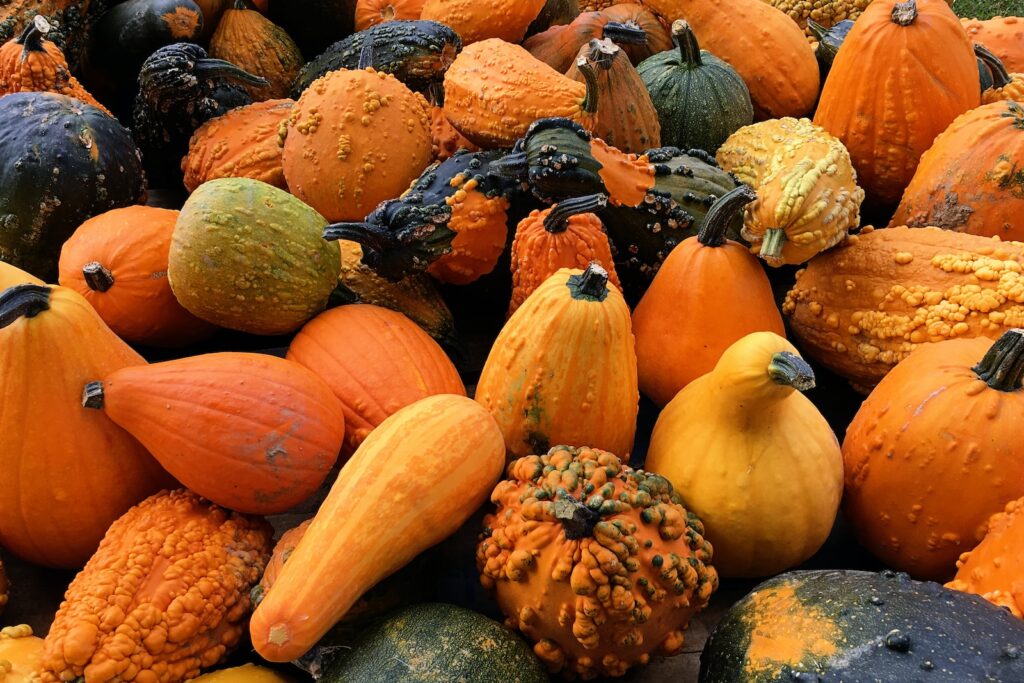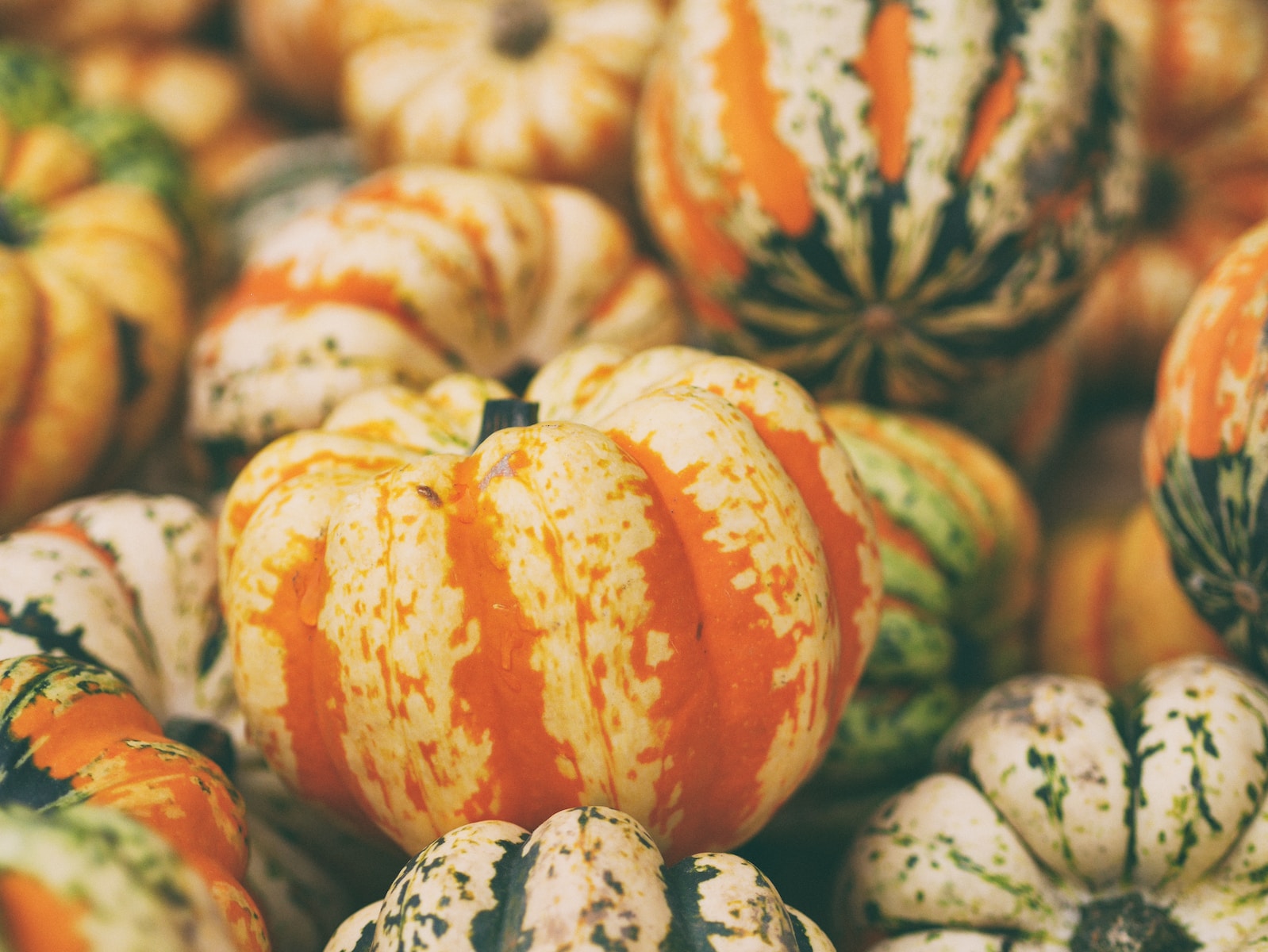Kabocha squash, also known as Japanese pumpkin, is a popular winter squash that is loved for its sweet and nutty flavor. As a dog owner, you may be wondering if it is safe to share this delicious vegetable with your furry friend. In this article, we will explore whether dogs can eat kabocha squash and discuss its potential benefits and risks for our canine companions.
Is Kabocha Squash Safe for Dogs?
The good news is that kabocha squash is generally safe for dogs to eat. It is a nutritious vegetable that is low in calories and rich in vitamins A, C, and E, as well as fiber. These nutrients can support your dog’s overall health and well-being. However, it is important to feed kabocha squash to your dog in moderation and prepare it properly.

Health Benefits of Kabocha Squash for Dogs
Kabocha squash offers several potential health benefits for dogs when consumed in moderation. Here are some of the key benefits:
-
Digestive Health: The high fiber content in kabocha squash can promote healthy digestion in dogs and help prevent constipation.
-
Immune System Support: The vitamins and antioxidants present in kabocha squash can boost your dog’s immune system and protect against certain diseases.
-
Weight Management: Kabocha squash is low in calories and can be a healthy addition to your dog’s diet, especially if they need to lose weight or maintain a healthy weight.
-
Eye Health: The vitamin A in kabocha squash is essential for maintaining good vision and eye health in dogs.
How to Feed Kabocha Squash to Your Dog
Before feeding kabocha squash to your dog, it is important to prepare it properly. Here’s a step-by-step guide:
-
Choose a Fresh Squash: Select a ripe kabocha squash that is firm and free from any mold or soft spots.
-
Wash and Peel: Thoroughly wash the squash to remove any dirt or debris. Then, peel off the tough outer skin using a vegetable peeler.
-
Remove Seeds and Strings: Cut the squash in half and scoop out the seeds and stringy pulp from the center using a spoon.
-
Cooking Methods: You can cook kabocha squash by steaming, boiling, baking, or roasting it. Avoid adding any seasonings, spices, or oils that may be harmful to your dog.
-
Cool and Serve: Allow the cooked squash to cool completely before serving it to your dog. Cut it into small, bite-sized pieces to make it easier for them to chew and digest.
Precautions and Potential Risks
While kabocha squash is generally safe for dogs, there are a few precautions to keep in mind:
-
Moderation is Key: Like any new food, introduce kabocha squash to your dog’s diet gradually and in small amounts. Too much squash can cause digestive upset, including diarrhea or gas.
-
Allergies and Sensitivities: Some dogs may be allergic or sensitive to certain vegetables, including squash. Monitor your dog for any signs of an allergic reaction, such as itching, swelling, or gastrointestinal distress.
-
Avoid Seasonings and Additives: Do not add any seasonings, spices, or additives to the kabocha squash when preparing it for your dog. These can be harmful or toxic to dogs.
-
Consult Your Veterinarian: If you have any concerns or questions about feeding kabocha squash to your dog, it is always best to consult with your veterinarian for personalized advice.
Conclusion
In conclusion, kabocha squash can be a safe and nutritious addition to your dog’s diet when fed in moderation and prepared properly. It offers several potential health benefits, including digestive support, immune system boost, weight management, and eye health. However, it is important to be cautious and monitor your dog for any adverse reactions. As always, consult with your veterinarian before making any significant changes to your dog’s diet.
FAQs
1. Can dogs eat raw kabocha squash?
No, it is not recommended to feed raw kabocha squash to dogs. Raw squash can be difficult for dogs to digest and may cause gastrointestinal upset. It is best to cook the squash before serving it to your furry friend.
2. Can kabocha squash cause allergies in dogs?
While allergies to kabocha squash are rare in dogs, some dogs may be allergic or sensitive to certain vegetables, including squash. Monitor your dog for any signs of an allergic reaction and consult with your veterinarian if you have any concerns.
3. Can dogs eat the skin of kabocha squash?
No, it is best to remove the tough outer skin of kabocha squash before feeding it to your dog. The skin can be difficult for dogs to chew and digest, and it may pose a choking hazard.
4. How much kabocha squash can I feed my dog?
It is important to feed kabocha squash to your dog in moderation. As a general guideline, you can start by offering a small amount, such as a teaspoon or two, and monitor your dog’s reaction. If there are no adverse effects, you can gradually increase the portion size.
5. Can kabocha squash be toxic to dogs?
No, kabocha squash is not toxic to dogs. However, it is important to avoid adding any seasonings, spices, or additives that may be harmful to your furry friend. Stick to plain, cooked kabocha squash without any additional ingredients.

